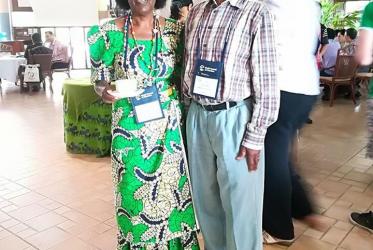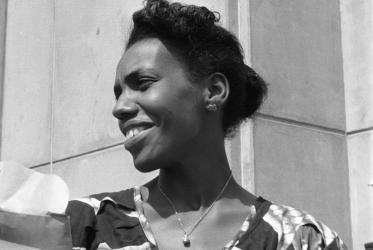Displaying 1 - 20 of 37
23 November 2023
Theological education in Africa promotes social transformation
03 November 2022
WCC mourns passing of Prof. Vuyani Vellem
09 December 2019
Kenya mourns the late Prof. Samuel John Mbiti
08 October 2019
ÖRK trauert um ehemaligen Bossey-Direktor John Samuel Mbiti
08 October 2019
WCC contributes to contextual theologies course in Morocco
26 February 2019
Thursdays in Black: sharing support, transforming lives
21 February 2019
A tribute to Rev. Dr Rena Joyce Weller Karefa-Smart
21 January 2019
When you have nothing, you give your heart
09 May 2018
Cuando uno no tiene nada, da su corazón
09 May 2018
GEM School: integrating theology and economics
05 September 2017
Applications open for WCC Eco-School
10 May 2017








